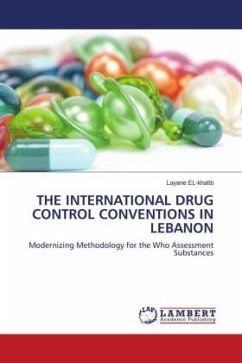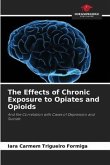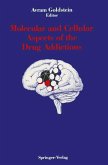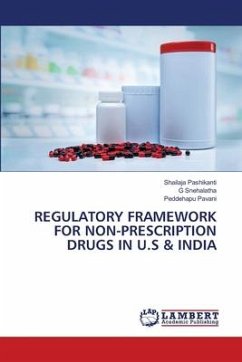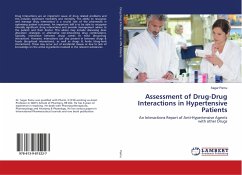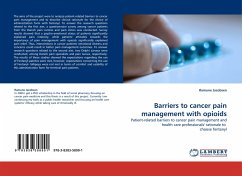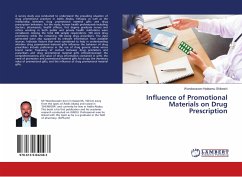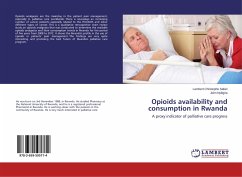This study seeks to evaluate medical issues, and delivers an inclusive summary of the current drug scenario in Lebanon, taking into consideration socioeconomic and regulatory administration, as well as other elements that may be important in deciding about the material (regulation technics). There is a lack of information available on the prevalence of drugs in the general population. The most common addictions treated are heroin, cannabis, and cocaine. In Lebanon, using opioids and psychotropic medicines without a medical prescription is a crime punishable by a fine and a prison sentence ranging from three months to three years. There is no publicly accessible list of national evidence-based preventative initiatives, and there is no national framework to monitor the quality of the programs. WHO evaluates the effects of psychotropic medications on public health through the Expert Committee on Drug Dependence (ECDD), which measures their degree of dependency qualities and actual risks to wellness, as well as their potential medical benefits and medical approaches according to their level of education, gender, as well as their lifestyle to inform general policies related to drugs.
Bitte wählen Sie Ihr Anliegen aus.
Rechnungen
Retourenschein anfordern
Bestellstatus
Storno

